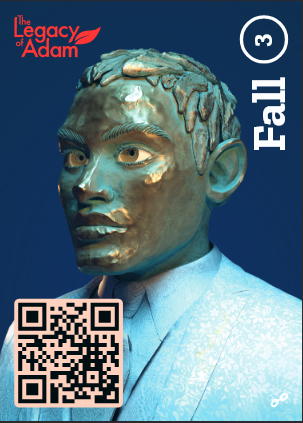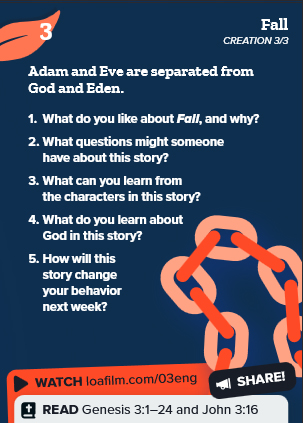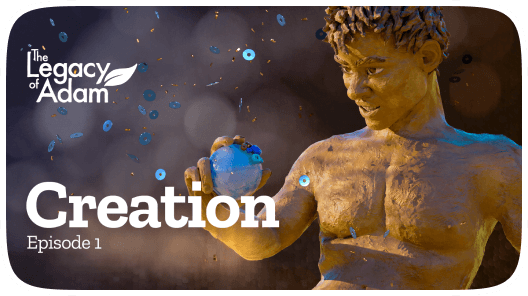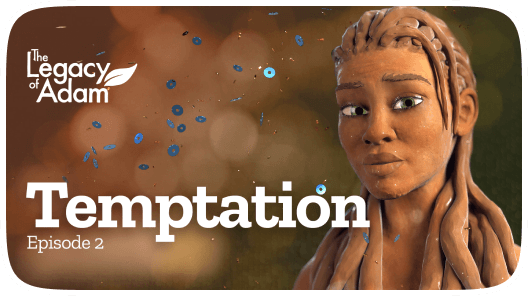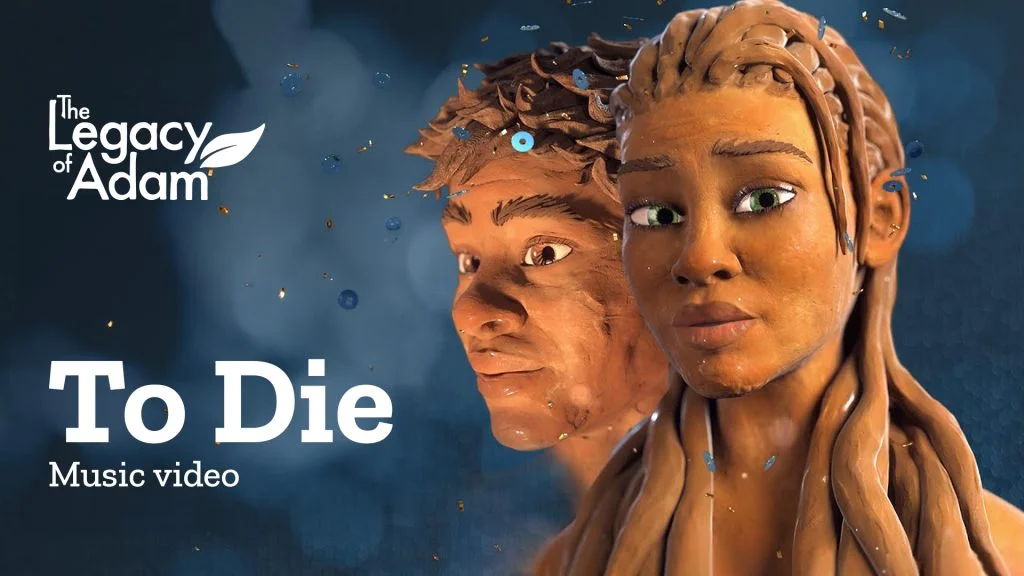Featured Videos
The story of creation like never before, we unfold the great mystery underlying the creation of the universe.
Ep 2: Temptation
Explore the consequences of yielding to temptation and the enduring lessons of grace!
Music Video: To Die
Witness the ultimate act of love and grace that brings salvation to all who believe.
Ep 3 | The Fall
Adam and Eve grapple with the fallout of their disobedience, face divine judgment, and begin their journey outside Eden, marked by hope in God’s redemption plan.
Bible Reference
Related Sources
Related FAQs
Yes. Many believe God knew what would happen, but allowed it because true love and obedience must be freely chosen. The story isn’t about catching Adam and Eve in a mistake—it’s about showing the consequences of turning away from God’s design.
The fruit itself isn’t the issue. Disobeying God’s direct command showed a desire to define right and wrong on their own terms. This decision broke the trust between humans and God, introducing fear, shame, and death into the world.
The biblical curses are better understood as consequences. When humans choose autonomy over relationship with their Creator, it impacts everything—work becomes hard, relationships become strained, and mortality becomes reality. It’s a theological explanation for why the world is broken, not a magical spell.
Yes. The Qur’an teaches that Adam and his wife repented, and God forgave them (Surah 2:37). This shows that disobedience does not cut humans off from God’s mercy. However, in Islamic theology, each person is judged by their own actions—there is no inherited sin. In contrast, Christianity teaches that while God is merciful, humanity remains in a state of separation from Him unless restored through Jesus. Salvation is certain if you accept Jesus as God.
This is known as “original sin.” It means that human nature became corrupted through Adam’s act, and that this brokenness is inherited by all people. It’s not about blaming descendants, but about acknowledging that we’re born into a world—and a nature—separated from God.
God values freedom and relationship. He did not create robots, but beings capable of choosing love—or rejecting it. Preventing the fall would mean removing that freedom. The story is about love, risk, and restoration—not control.
They lost more than a location. Eden represents a place of intimate fellowship with God, free from fear, pain, and death. When they left, they lost direct access to that presence, and humanity has longed to return ever since. The rest of the Bible tells the story of that return.
These trees appear only in Eden and are described as unique. Many see them as real, physical trees with symbolic meaning: the tree of life representing sustained access to God’s presence, and the tree of knowledge representing the choice to trust or reject His moral boundaries. Their placement in the center of the garden highlights their central role in the human story.
The curse’s imagery—crawling and eating dust—suggests total humiliation, not zoological transformation. The Bible later reveals that the serpent is a symbol for Satan (Revelation 12:9). So this is not about snakes losing legs, but about a divine sentence on the spiritual rebel: eternal defeat and enmity with humanity.
Even in judgment, God speaks a promise. In Genesis 3:15, God foretells that the “seed of the woman” will crush the serpent’s head—a veiled prophecy many Christians see as the first mention of Jesus. This is the beginning of God’s rescue plan: a promise that one day, evil will be defeated and relationships restored.









